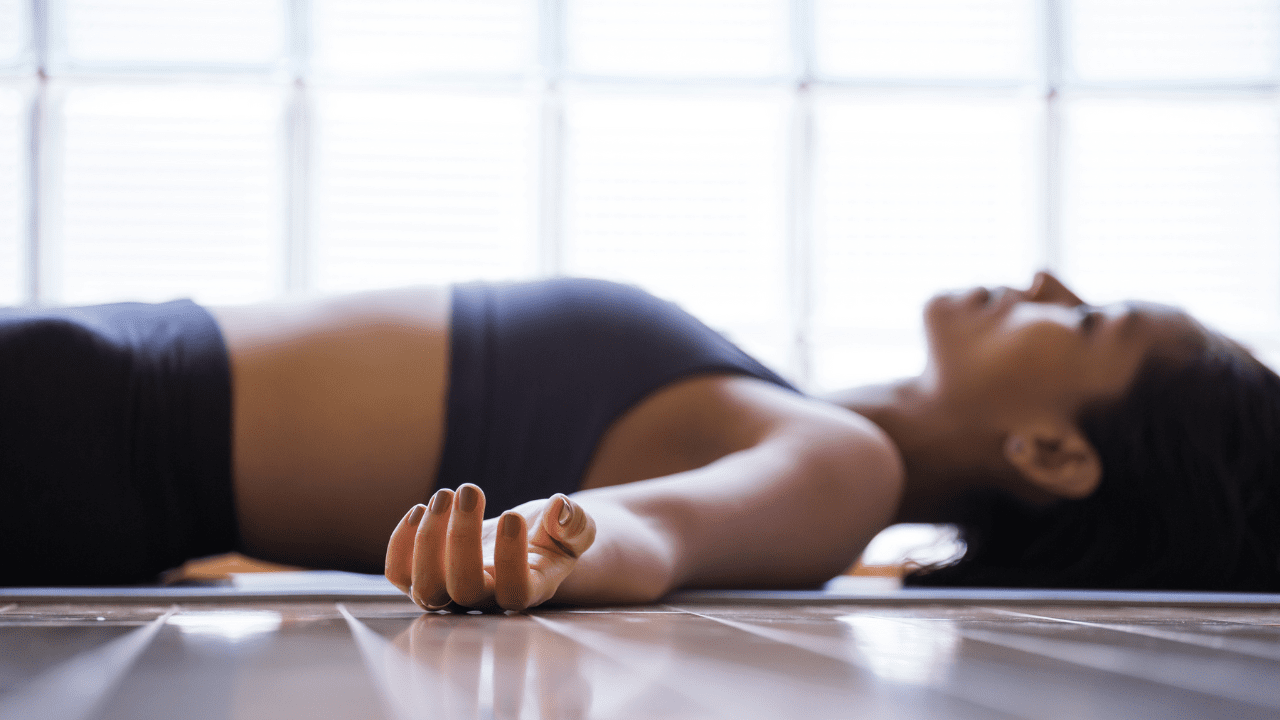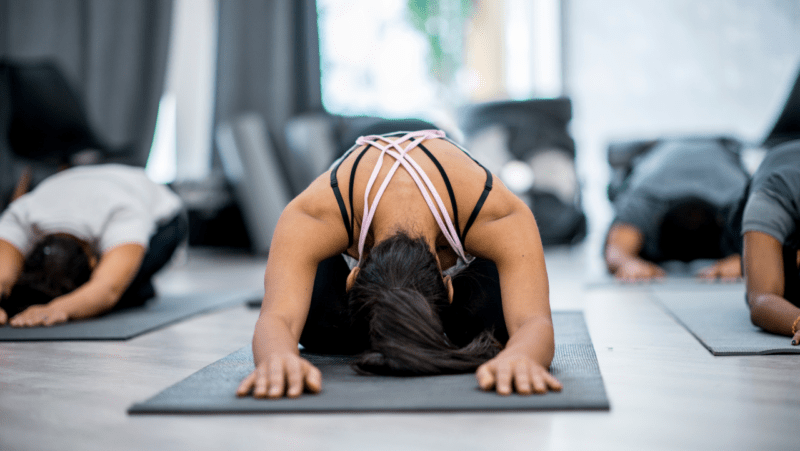
In support of students living with Systemic Lupus
October is Lupus Awareness Month. Maria Jones shares some top tips for teaching students with Systemic Lupus
"What is the worst part of having lupus? "asked my friend. A question brought about while I was explaining that sitting in the sun for hours will make me unwell.
The question caught me off guard. I honestly didn't know what to say!
Where would I start? The part where I felt like a complete burden to my family? Or, when I could no longer fulfil my professional responsibilities and eventually quit my job? It was not easy going from a six-figure job as an engineer to earning nothing. Do I tell her about how lonely I was? That friends stopped inviting me out, for the way I felt, expressed myself, or for simply saying no one-too-many times; I was simply not worth the hassle. Or should I tell her about the struggles of motherhood from conception onwards? The list was long...
Over the years it has been so much easier to explain the physical symptoms of my disease. It has also been easy for others to be empathetic with those; physical pain, fatigue, medical procedures and endless nights in hospital. Living with systemic lupus though has had a continuous and lasting effect on my identity. my mentality and my relationships with others. There is also isolation, stigma and becoming a burden. Those are the worst parts of living with lupus.
I did eventually reply to my friend with an answer… "Not feeling like myself".
On top of being physically unwell, I was also experiencing emotional distress, frustration, anger, and helplessness. Especially during those first few years after diagnosis, it felt like a life sentence. There was little in life I was looking forward to. I used to enjoy outings with friends and going to the gym. We travelled often and far and the diagnosis put a dampener on all those plans too.
With time and peer support though I discovered ways to self-manage. Slowly, but surely life returned to a new 'normal'. Like most chronic conditions though, I was going through cycles of being well and entirely unwell, of remissions and flares (regressions). Over the course of 10 years after diagnosis, each flare resulted in further loss of my physical health, which eventually lead to kidney replacement therapy (dialysis) and eventually a kidney transplant.
Throughout those years I discovered many ways to manage: diet, exercise, peer support and of course yoga. Over those years yoga became a constant, something I could always do in some form or other.
I did not feel as though yoga spaces were ever ideal for me though. The timetable in my local gym was primarily occupied by vinyasa classes and the cost of a yoga class independently was too high to fathom. So my yoga practice had many ups and downs, eventually only focusing on meditation, journalling and relaxation techniques.
It did not have to be this way and I hope that we and all future yoga teachers can change that… starting this October with Lupus awareness month.
Tips for teaching yoga to people with systemic lupus or chronically ill.
- Offer plenty of adaptation in the practice and encourage students to be agents of their own bodies.
- Offer rest throughout the practice and normalise sitting it out with the language you use in your classes.
- Acknowledge the student's presence, especially if they have not been around for some time. Being unwell is a lonely job and reconnecting with others takes a lot of courage after each flare.
- If you are lucky enough to teach a group of chronically awesome individuals living with lupus, then encourage interactions amongst each other. The friendships that develop from shared experiences are valuable in the management of their condition.
- Encourage these students to learn more about yoga to develop a personal practice, or show them how to incorporate yoga into their daily life.
- Relaxation is vital in the management of systemic lupus, so always include it in the practice. Many people with systemic lupus are stuck in a stress response in their body, due to pain and medication. Learning to relax has literally been the most helpful skill I have learned over the years for the management of my lupus also.







